Ucuuba butter is a natural vegetable fat obtained from the seeds of the Ucuuba tree, botanically known as Virola surinamensis. This tree is native to the Amazon region of South America, particularly Brazil. Ucuuba butter is known for its hard consistency and various uses in cosmetics and medicinal products.
Characteristics of Ucuuba butter
-
Hardness: Ucuuba butter is known for its very hard and firm consistency at room temperature, similar to cocoa butter.
-
Fatty acids: It contains a high content of saturated fatty acids, such as palmitic, stearic and miristic acids.
-
Nutrients: Ucuuba butter is rich in fat-soluble vitamins and antioxidants, including vitamins A and C.
-
Color: It usually has a dark brown to beige color, depending on purity and processing.
-
Fragrance: Ucuuba butter naturally has a light, earthy scent.
Applications and Uses of Ucuuba Butter
-
Skincare
- Ucuuba butter is often used in skin care products such as creams, lotions and balms because of its nourishing and moisturizing properties.
-
Haircare
- It can be added to hair products such as conditioners and hair masks to moisturize dry hair and reduce frizz.
-
Ointments and Balms
- Ucuuba butter is used in the production of ointments and balms because of its hardness, making it an excellent ingredient for products that need to remain stable at higher temperatures.
-
Soap production
- It is added to homemade soaps because of its hard texture and ability to produce a creamy lather.
-
Anti-inflammatory use
- In some traditional medicinal practices, Ucuuba butter is used for its purported anti-inflammatory properties.
Sustainability and Harvest
-
Sustainable harvesting practices are crucial to preserving the Ucuuba tree and minimizing its impact on the Amazon.
-
It is important that harvesting be carried out with respect for local biodiversity and in accordance with ethical standards.
-
Promoting sustainable agricultural practices can help preserve Ucuuba forests and encourage local communities that depend on these natural resources.
Ucuuba butter is a valuable ingredient because of its unique properties and is often chosen in natural and sustainable cosmetic formulations.
Characteristics of Ucuuba butter
| Feature | Value |
|---|---|
| What is it? | Ucuuba butter is a vegetable fat derived from the seeds of the Ucuuba tree |
| Usage rate in soap | 2-6% |
| Usage rate in skin care | 3-10% |
| Usage rate in hair care | 2-8% |
| Famous products | Ucuuba butter is used in products such as XYZ |
| Advantages in formulations | Hydrates deeply, soothes skin, promotes elasticity |
| Free radical content | Low |
| Antioxidant content | Moderate to high |
| Content of anti-inflammatories | Moderate |
| Fatty acid content | High, especially rich in palmitic acid and stearic acid |
| INCI | Virola surinamensis Seed Butter |
| Saponification value in NaOH | 200-220 mg KOH/g |
| Saponification value in KOH | 170-190 mg KOH/g |
| CAS number | 356065-37-7 |
| EINCS number | 254-138-8 |
| Customs tariff HS code | 1515.90.80 |
| Harvesting method | Manual harvesting of Ucuuba nuts. |
| Production method | Cold pressing |
| Production Process | Nuts are pressed to extract oil, followed by filtration |
| Color | Dark brown to beige |
| Viscosity | Solid at room temperature, melts on skin contact |
| Provenance | Originating from the Amazon region |
| Fragrance | Earthy, nutty fragrance |
| Absorption rate | Moderately absorbed by skin and hair |
| Approximate melting point | 43-50°C |
| Similar oils | Coconut oil, shea butter, cocoa butter |
| Storage and shelf life | Store in a cool, dry place; Shelf life of 2 years |

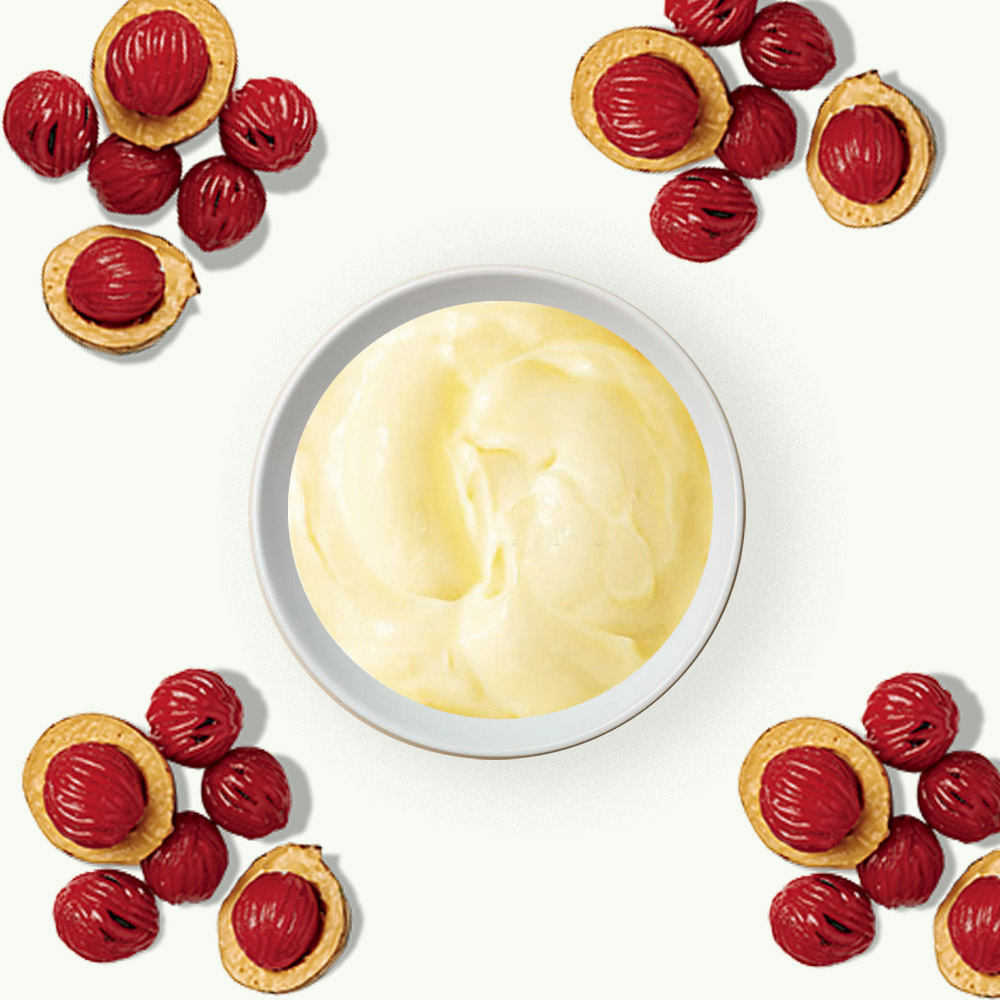
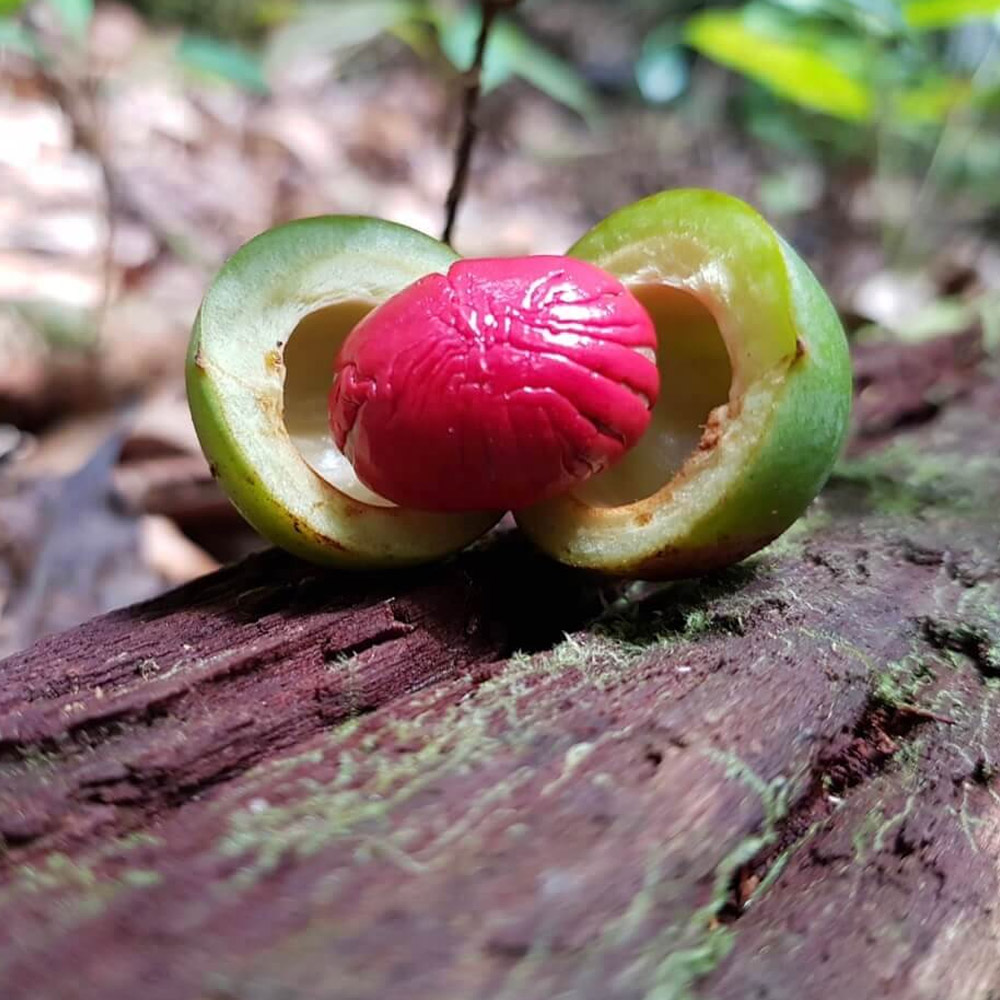
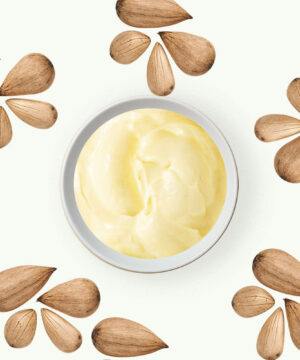
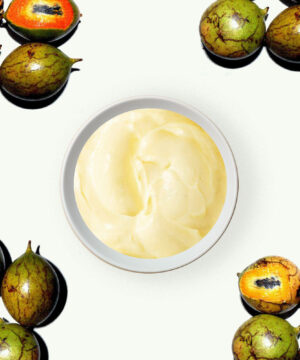

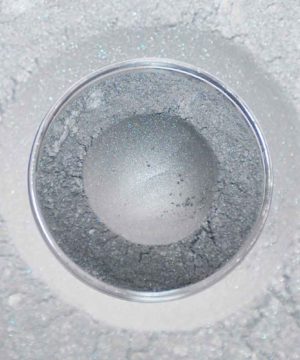
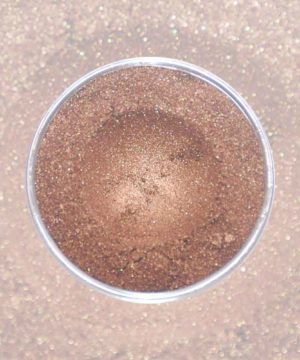
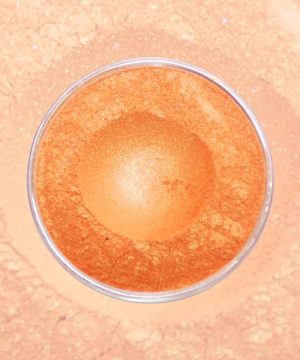
Reviews
There are no reviews yet.